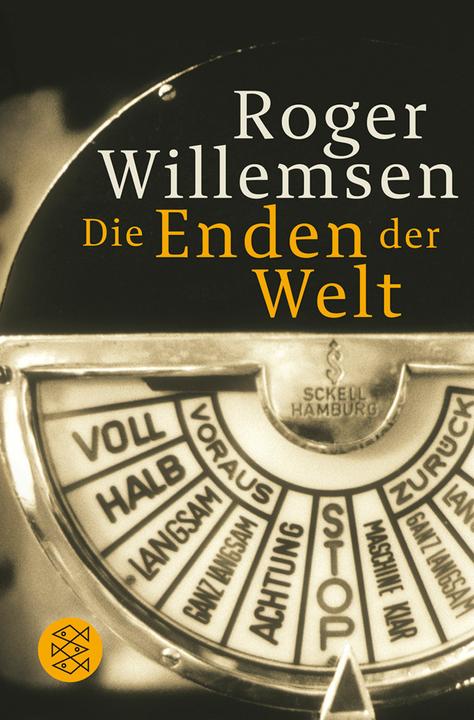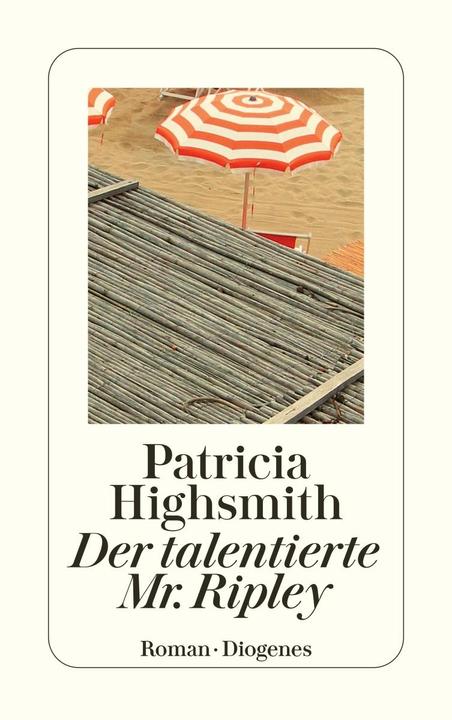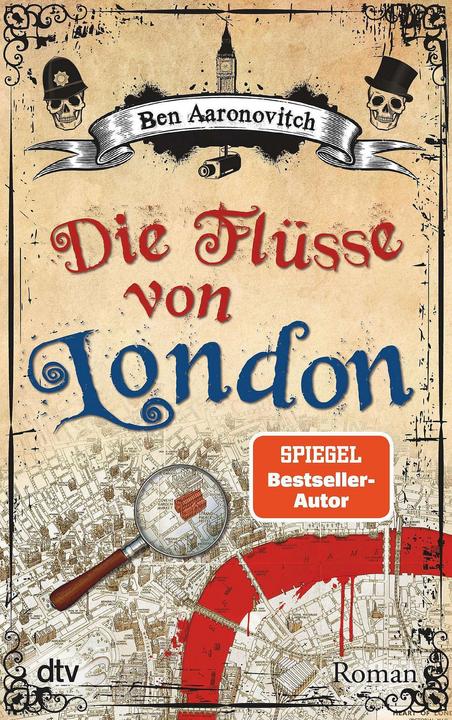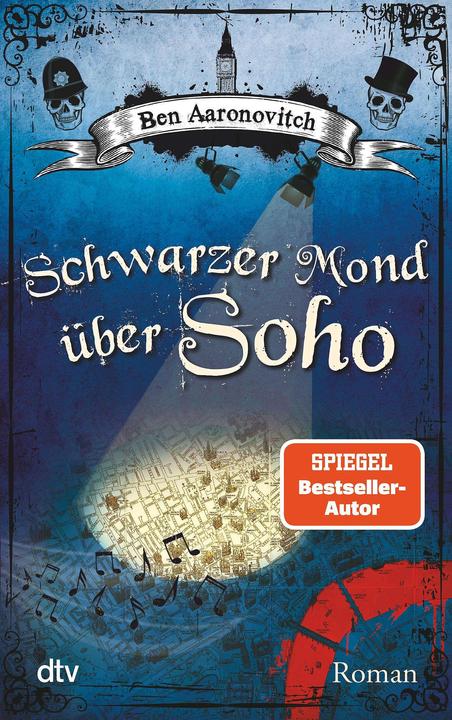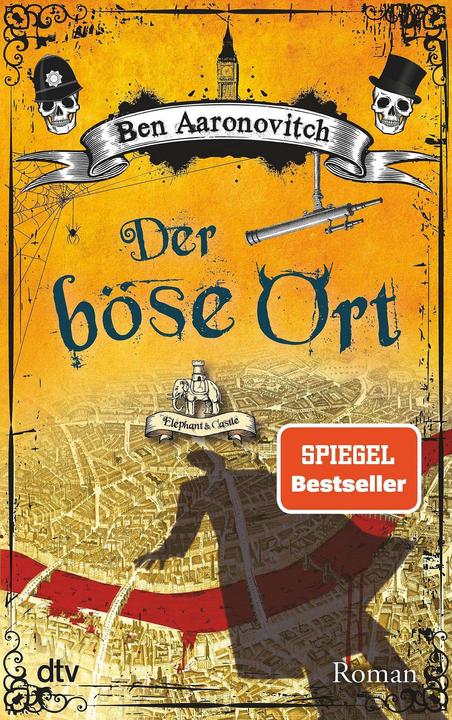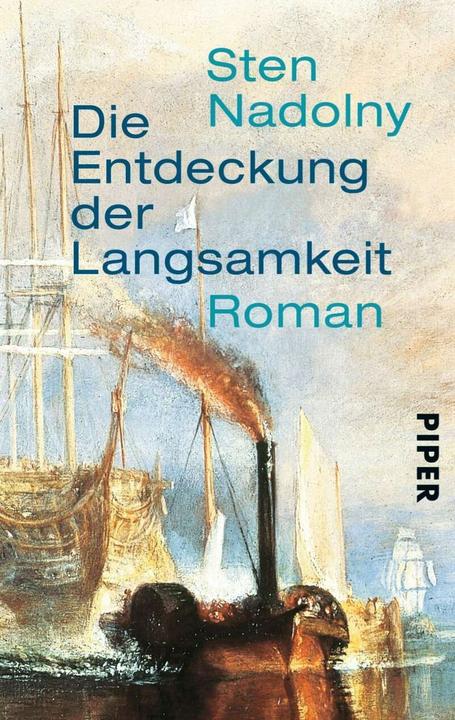

With a summer book on a bath towel - What makes a good summer read?
The holidays are coming up. A book has to come along. Or maybe two? As I always find it difficult to decide and often don't read any of the books I bring with me, I take a closer look at summer reading, a genre all of its own.
The same question every July: Which books should I take with me on holiday? After all, one book isn't enough for five days at the beach. At least that's what my head thinks. After much deliberation, I decide on two or three titles that don't make it out of the suitcase after all. Buying travel books on the road is more fun after all. That's fine for hotel holidays. However, I have more than once carried a kilo and a half of literature in my rucksack without reading a single line.
This year, I have at least managed to get some electronic help. It will be my first holiday with an eReader, although I'm already dreading coffee stains. Breakfast on the beach and scatterbrainedness don't go well together. Such a stain may look charming on a paperback book, but it's probably not so good for an eReader. So maybe pack a book to be on the safe side.

tolino Slim vision 2/3 HD/4 HD
Tolino Vision 2, Tolino Vision 3 HD, Tolino Vision 4 HD


This time, however, I don't want to come back from my holiday with two unread books in my luggage. That's why I've turned my attention to the question of what makes an exciting summer read. Does a book have to have sunshine in the title? A picture of a beach on the cover? Or is it more about finally having enough leisure time to read? Let's find out.
Faraway lands - travelling with and in books
Romans about travelling. They make you want to set off and discover new worlds. But I often don't have the time or money. That's why I like to be whisked away to foreign worlds without having to leave my balcony. What could be better suited to this than the stories of globetrotter Roger Willemsen? In "The Ends of the World", he takes us from Afghanistan to Kamchatka, via Borneo to Senegal and even to the North Pole at the end.
Only Phileas Fogg, the hero of Jules Verne's adventure story "Around the World in 80 Days", gets as far. Fogg bets to make it around the world in just 80 days. A daring endeavour in which he is supported by his friend Jean Passepartout. In addition to the journeys that Phileas and Roger experience along the way, both stories have another important thing in common: they both have more than 300 pages.

In 80 Tagen um die Welt
German, Alphonse de Neuville, Jules Verne, Léon Benett, Sabine Hübner, 2007
After all, what could be worse than finishing a book when you've just made yourself comfortable in a deckchair? Holiday reading should not only encourage you to travel. It should have one thing above all: Scope.
Time for pages - the more, the better
Thick tomes, preferably with a sequel, and my summer is saved. No matter whether it's a rainy 15 degrees or I'm hiding in the shade at 30 degrees. Stories that stretch over many pages and yet never get boring: Patricia Highsmith's "The Talented Mr Ripley" falls into this category. Mr Ripley travels to Italy and acquires a taste for the carefree life that his rich school friend Dickie Greenleaf leads there. Dickie is not the only one who underestimates Ripley and his desire for a different life...
The protagonist Ella in Elif Shafak's story "The Forty Secrets of Love" also recognises the desire for something new. In the poems of the mystic Rumi, Ella finds what she is missing in everyday life. She embarks on a journey on which she not only gets to know herself in a completely new way. Rumi's poetry is wonderfully combined with Shafak's text and takes us from the 13th century to present-day America. A book you can really sink into. You only have to emerge to move your bath towel into the shade or grab a cool drink.
Fantastic, even when it rains
If the weather doesn't play ball and your beach holiday turns into rain, there's only one thing to do: get away from reality and into the next fantasy adventure. My tip for the fantastic: Ben Aaronovitch's stories about Peter Grant. Grant is an up-and-coming police officer in the London police force. And, of course, he is also a magician. The books are set in modern England, populated by all manner of mythical creatures and magical petty criminals. What makes the series unique is Aaronovitch's wonderfully dry humour and the diversity of his characters. Peter Grant has already had six adventures and there is no end in sight.
But now slowly
In summer, you can take your time. When it's 27 degrees in the shade, you can take things a little slower. After all, a holiday also means not having to rush from one commitment to the next.
John Franklin also goes through life with this attitude. Sten Nadolny's novel about the sailor Franklin tells a story of slowness. At the same time, it gives us an insight into life on the high seas. The North Pole explorer carefully navigates his way through the challenges of life.
Another title that celebrates slowness is "The Sound of a Snail Eating". Admittedly, not much happens in this story. But what does happen is told in wonderful language. Elisabeth Tova Bailey's book is a real pleasure to read, perfect for lazy hours in the sun.

Das Geräusch einer Schnecke beim Essen
German, Elisabeth Tova Bailey, 2016
What makes the perfect summer read? Are they stories that take us travelling? Or adventures in distant worlds? Are they titles so exciting that we can hardly put them down? Maybe it's a mixture of all of these, or maybe it's the feeling of having a whole summer full of books in front of us. The best thing about them is that we can take time for them and enjoy them. Whether on the beach or on the balcony.
You might also be interested in this
As an author and passionate reader, a large part of my time belongs to the world of words. I like to travel and discover the world, always with a book in my luggage. Languages of all kinds inspire me, almost as much as the prospect of the next coffee.
From the latest iPhone to the return of 80s fashion. The editorial team will help you make sense of it all.
Show all

